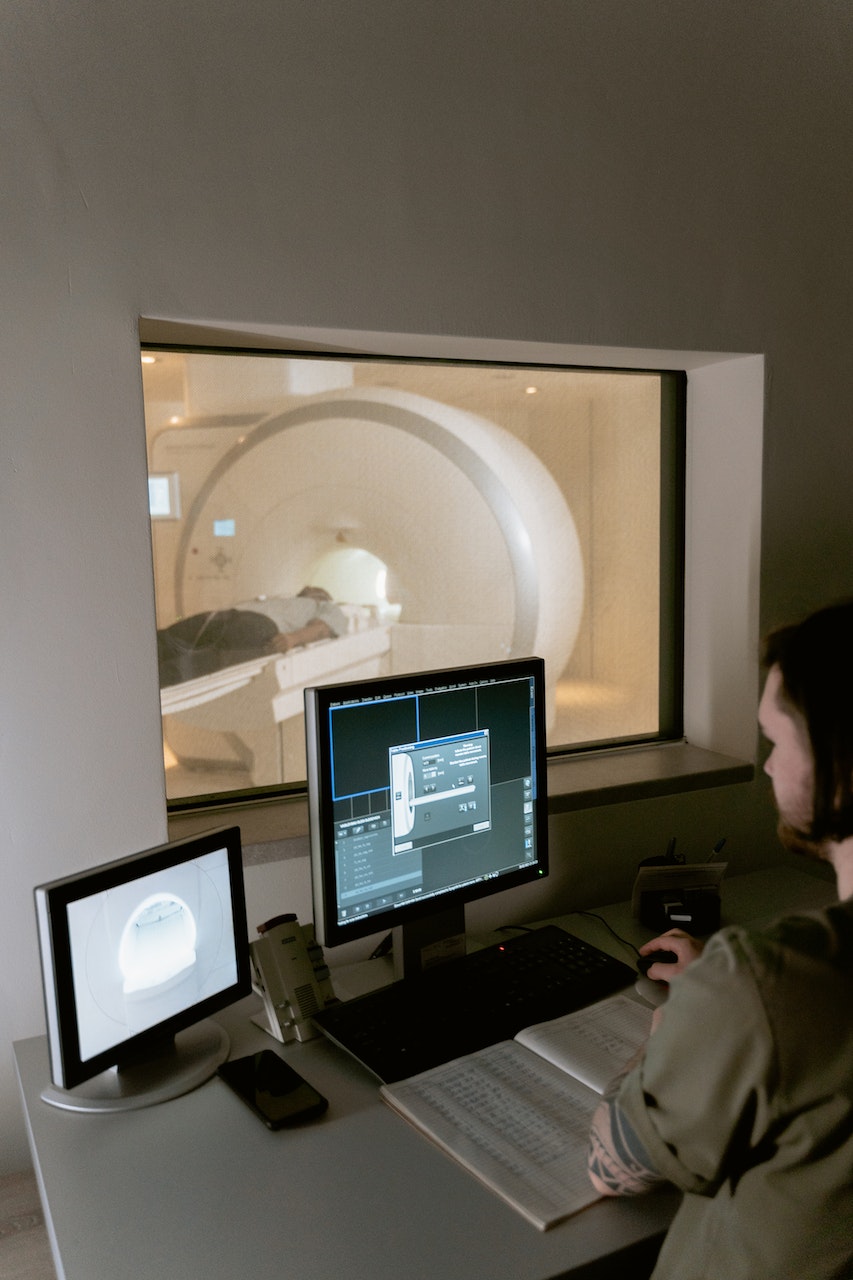 If you are lifting heavy objects at work then there is an obvious risk that you could sustain injury, especially if you have not received training or advice in respect of lifting heavy objects. An employer should provide you with training to enable you to do your job properly, without sustaining injury.
If you are lifting heavy objects at work then there is an obvious risk that you could sustain injury, especially if you have not received training or advice in respect of lifting heavy objects. An employer should provide you with training to enable you to do your job properly, without sustaining injury.
In terms of lifting heavy objects, there should be procedures in place to ensure that injuries are avoided all together or reduced as much as possible. In some jobs lifting and carrying heavy objects is simply part of the job. However workers should not be expected to do this blindly, they should receive training on lifting and carrying techniques.
An employer who does not provide adequate training is leaving itself open to negligence claims when employees become injured. Typical injuries could include back and or neck strain, shoulder strain etc. For objects that are particular heavy employers should consider other ways of moving the objects, perhaps by avoiding manual handling all together. You can of course move objects using equipment such as fork lift trucks.
Lifting heavy objects manually could be considered an unsafe system of work.
There are clearly many simple steps that you could take to avoid manual handling/lifting injuries. The first point would be to know where you are taking the object before you actually pick it up. Make sure the path to your destination is clear and make sure other workers are aware of what you are about to do. You should keep your back as straight as possible when picking a heavy object up off the floor, you should bend your knees. In fact your back should remain as straight as possible at all times when lifting and carrying heavy objects. The main injury risk with lifting and carrying is to your back.
If you have been injured as a result of lifting and carrying heavy objects, in the course of your employment, then you may be entitled to make a claim for compensation. Whether you had manual handling training or not you still may be able to make a claim. Each case is different and is looked at on its own unique facts. If you had some manual handling training it would have to be considered whether the training was sufficient. The Defendant may argue that you were partly to blame for your injuries (this is known as contributory negligence). Even if contributory negligence is agreed or found by a Court, you can still recover damages but the amount would be reduced in terms of a percentage to account for the contributory negligence. For example if you agreed that you were 20% responsible for your injuries then any compensation figure would be reduced by 20%.
If you have been injured at work as a result of lifting or carrying heavy objects then you may be entitled to make a claim. We are specialist Personal Injury Lawyers dealing solely with personal injury claims. We would be happy to discuss your claim today.

 If you are lifting heavy objects at work then there is an obvious risk that you could sustain injury, especially if you have not received training or advice in respect of lifting heavy objects. An employer should provide you with training to enable you to do your job properly, without sustaining injury.
If you are lifting heavy objects at work then there is an obvious risk that you could sustain injury, especially if you have not received training or advice in respect of lifting heavy objects. An employer should provide you with training to enable you to do your job properly, without sustaining injury. 









